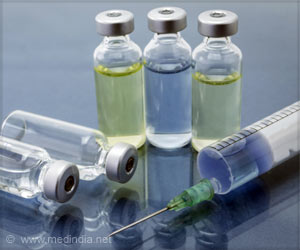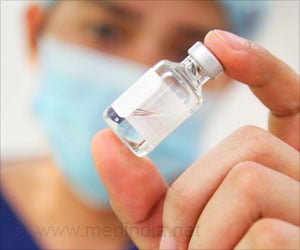- Thimerosal is a preservative in multi-dose vaccines
- It contains a form of mercury called ethylmercury, which is different from methylmercury that causes mercury-related toxicity
- It does not appear to be associated with autism
Multi-dose vaccines require a preservative to prevent introduction of infections into the vaccine during repeat aspiration. One particular incident in the year 1928 highlighted the importance of adding a preservative to such vaccines. Several children who received diphtheria vaccine from a multi-dose preparation a few days after it was initially used, died following the vaccination, most likely due to the introduction of infection into the vaccine by the needles used to draw the vaccine.
The mercury-containing thimerosal was the chosen preservative. It prevents bacterial and fungal contamination of the vaccine but does not add to the activity of the vaccine against disease.
Over the years, it came to be known that mercury can cause nervous tissue-related side effects. It can also damage the brain and cause conditions like autism. Therefore, the use of the mercury-containing thimerosal in a vulnerable child with a growing brain without any illness did raise questions about the addition of the compound to vaccines. As a consequence, thimerosal was removed from most vaccines as a precautionary measure in the United States and is now present mainly in some multi-dose flu vaccines. However, it continues to be used in several other countries.
Researchers feel that the fears about thimerosal causing conditions like autism are not substantiated. Unlike the brain-damaging mercury compounds that contain methylmercury, thimerosal is broken down to ethylmercury in the body, which is eliminated faster from the body. Studies have also failed to demonstrate a decline in the number of autism cases after reducing the use of thimerosal in vaccines, demonstrating that thimerosal has nothing to do with the development of autism.
References:
- Thimerosal in Vaccines - (http://www.cdc.gov)
- Thimerosal and Vaccines - (https://www.fda.gov/biologicsbloodvaccines/safetyavailability/vaccinesafety/ucm096228.htm)














